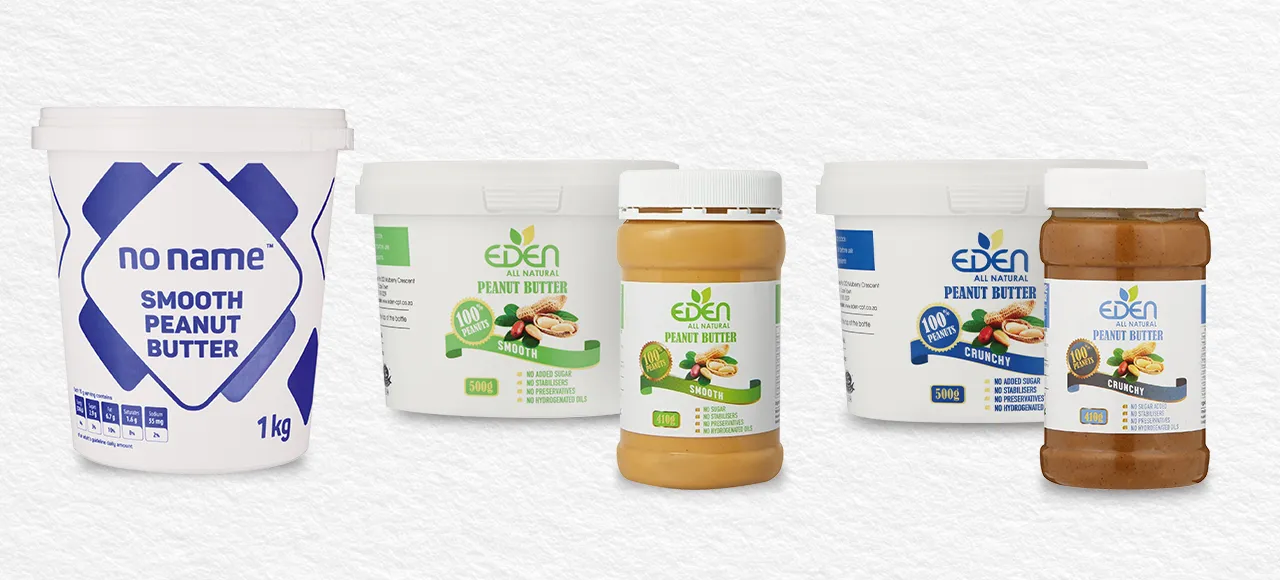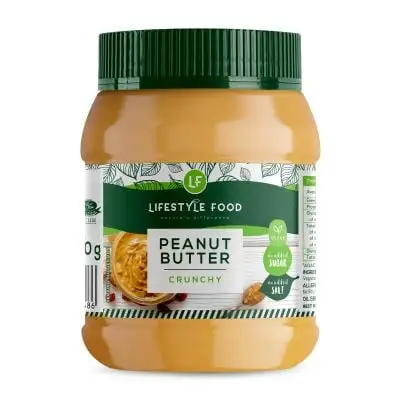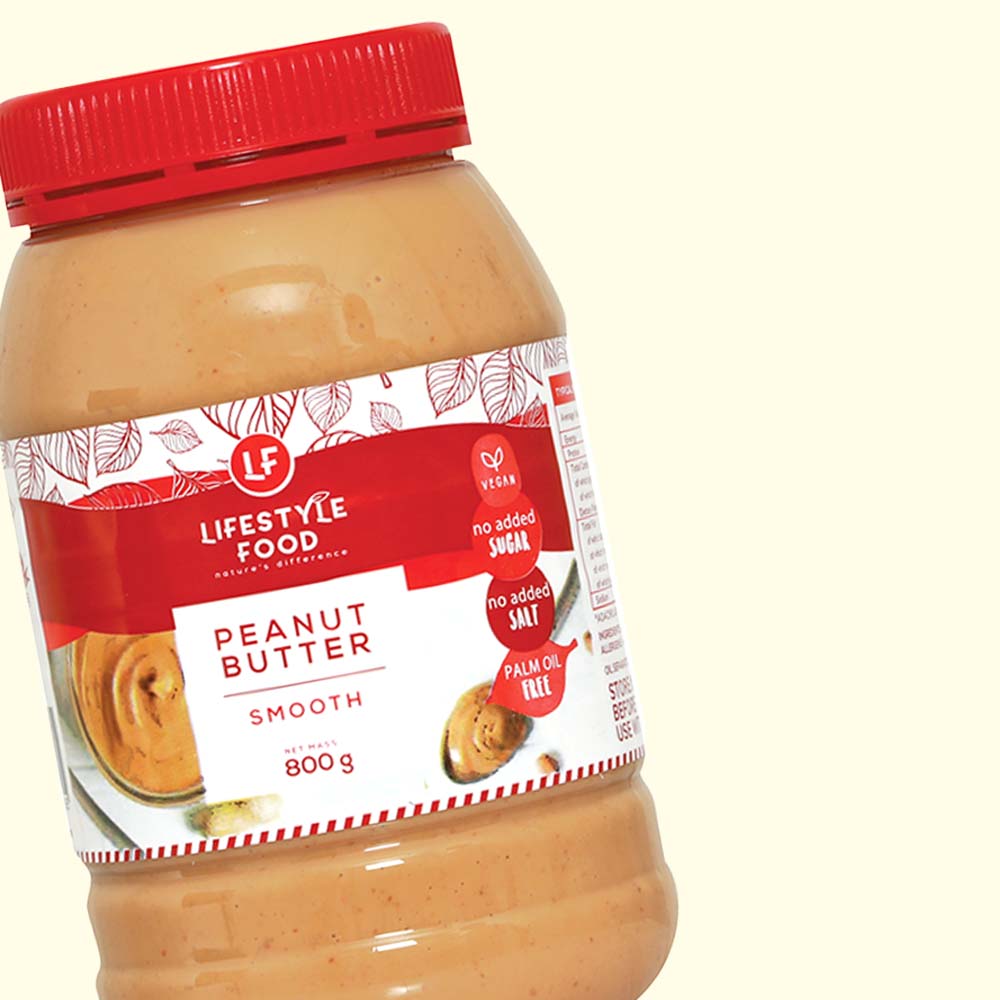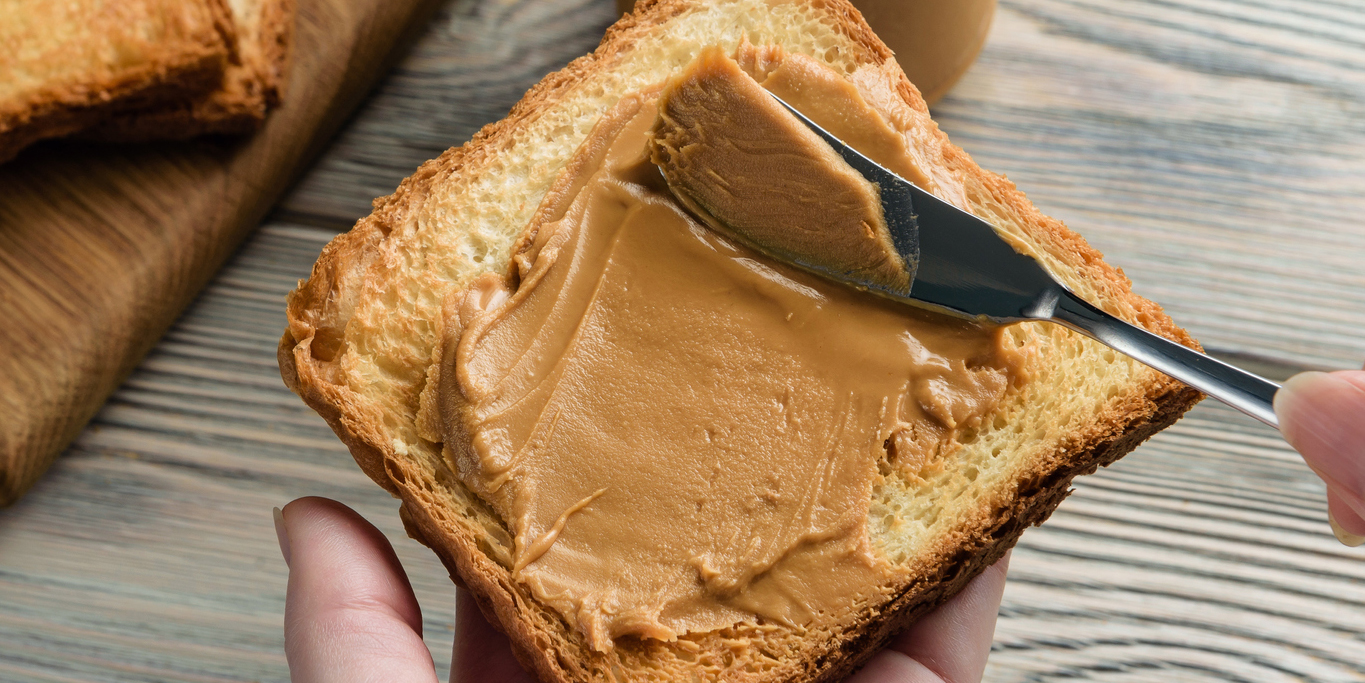The National Consumer Commission (NCC) has alerted the public that more peanut butter brands have been affected by the recall announced at the start of the month. These include Dischem’s Lifestyle 400g Smooth and Crunchy, Dischem’s Lifestyle 800g Smooth and Crunchy, Wazoogles Superfoods (all sizes), Pick n Pay’s No Name 1kg smooth and Eden All Natural. The commission has advised the public to immediately stop consuming these products and return them to the store they bought them from for a full refund, with or without proof of purchase. The Pick n Pay, Eden All Natural and Dischem Lifestyle brands are distributed at stores nationally, with Wazoogles Superfoods products mostly available in the Western Cape although they are sold widely online.
 Pick n Pay has recalled No Name Smooth Peanut Butter, Eden Smooth Peanut Butter and Eden Crunch Peanut Butter. (Photo: Pick n Pay)
Pick n Pay has recalled No Name Smooth Peanut Butter, Eden Smooth Peanut Butter and Eden Crunch Peanut Butter. (Photo: Pick n Pay)
The NCC said the manufacturer of these peanut butters, House of Natural Butters, had found all the brands to have higher than legally acceptable levels of aflatoxin, which make them unsafe for human consumption.
-
- What: A group of toxins produced by fungi, primarily Aspergillus flavus and Aspergillus parasiticus.
-
- Where: Naturally found in the environment, commonly present on crops such as maize, rice, spices, cocoa beans, tree nuts, and peanuts.
-
- When: Produced by fungi in the field or during improper storage conditions, particularly in warm and humid environments.
-
- Harmful Effects: Potent liver carcinogens, capable of causing cancer in various animal species, including humans.
Acting National Consumer Commissioner Thezi Mabuza says the commission is investigating House of Natural Butters and will also conduct a nationwide assessment to establish whether other brands are affected. “The commission urges the manufacturers, distributors and suppliers of peanut butter to comply with regulations and conduct urgent tests to assess the safety of the products on their shelves and take immediate corrective steps if found to be unsafe. “The Consumer Protection Act requires that goods that pose any risk of harm to the consumer be recalled. It is the responsibility of the manufacturers, importers and retailers to ensure that goods comply with all applicable laws and standards of the republic. Aflatoxin may lead to health complications not limited to nausea, vomiting and abdominal pain.”
Stop consuming it immediately
Food safety expert Professor Lucia Anelich said it is vital that people stop consuming these products and return them as advised. Aflatoxins are a group of toxins produced by several fungi, especially Aspergillus flavus and Aspergillus parasiticus, she said. These are found naturally in the environment and can be present on different crops, including maize, rice, some spices, cocoa beans, tree nuts and peanuts. The aflatoxins are produced by the fungi while still in the field or when the commodities are stored incorrectly (in warm and humid conditions).
 Dischem’s Lifestyle Crunchy. (Photo: Dischem)
Dischem’s Lifestyle Crunchy. (Photo: Dischem)
 Dischem’s Lifestyle Smooth. (Photo: Dischem)
Dischem’s Lifestyle Smooth. (Photo: Dischem)
Aflatoxins are potent liver carcinogens, which can cause cancer in all animal species, including humans. “It is estimated that around 4.5 billion of the world’s population (more than half of its current population), mainly in developing countries, is exposed to aflatoxins. Because aflatoxins are found so abundantly across many staple foods in developing countries, one could be exposed to low levels over a long time. In fact, this continuous exposure at low levels is known as chronic exposure and can be the cause of liver cancer many years later, estimated at around 20 years later.”
No safe level
There is no safe level for aflatoxin, but countries set their own regulatory limits for such commodities to limit exposure to these toxins through food and animal feed. Acute aflatoxicosis (poisoning through aflatoxins) cases are very rare but have resulted in liver failure and death. Anelich cites three notable incidents: In India in 1974, and two in Kenya — in 1981 and 2004 – all the result of consuming excessively contaminated maize. Read more in Daily Maverick: ‘Hair relaxers give us cancer’ – a legal campaign by US women sparks interest in SA “In such cases, death can occur within days of ingesting the product. What is evident from these poisonings and the research work done on these incidents, is that those people had very little else to consume and so they were consuming not only highly contaminated food, but large amounts of it as well i.e. their portion sizes and frequency of eating that contaminated food were very high.” She said it was important to note that, to date, there have not been any reported acute aflatoxicosis cases related to peanut or peanut-based product consumption.
Long-term exposure
Chronic exposure to aflatoxin, where one is exposed to lower levels over a longer time, is most linked with liver cancer, immune system suppression and growth stunting. Aflatoxin can cross the placental barrier, affecting the foetus, who will then be more likely to be stunted if exposed after birth to the toxin. Other factors also come into play when determining the possible outcomes of aflatoxin exposure, including age (children are more at risk), weight, health status (hepatitis B is the leading cause of liver cancer), nutritional status, variety (or lack thereof) in the person’s diet, frequency of consumption, portion size and period over which the contaminated food is ingested. DM




 Dischem’s Lifestyle Smooth. (Photo: Dischem)
Dischem’s Lifestyle Smooth. (Photo: Dischem) 
